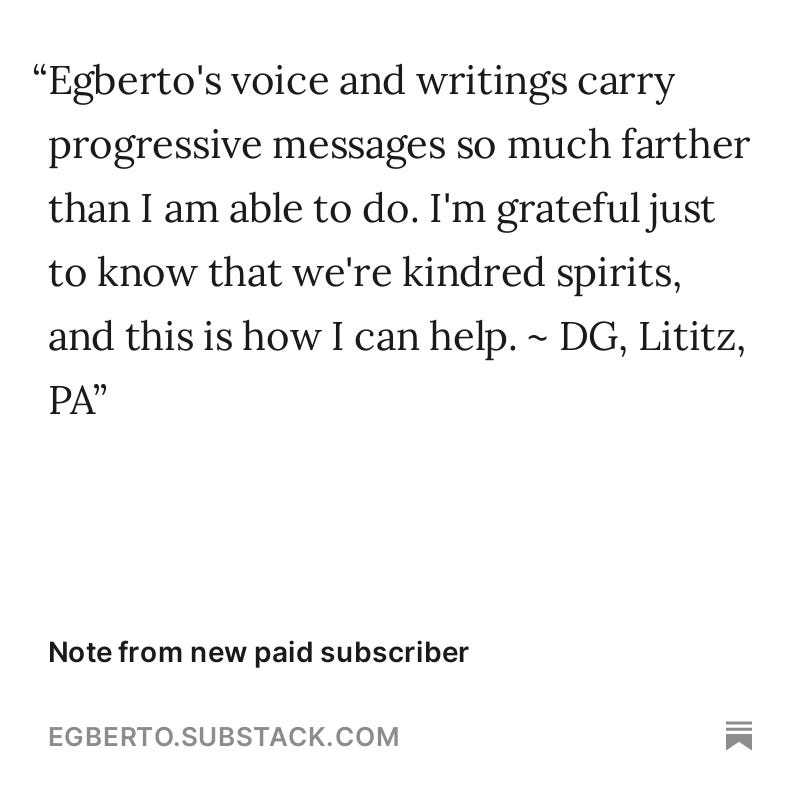BIG PHARMA RIP OFF: We pay $936. France pays $83 for the same drug. (Ozempic & Wegovy).
Senator Bernie Sanders once again called out Big Pharma for gouging Americans on Ozempic & Wegovy, even as they give prices many times less in countries around the world.
In a landscape where the disparity in drug pricing between the United States and other countries starkly highlights the immense power wielded by pharmaceutical giants, the situation with drugs like Ozempic and Wegovy serves as a compelling case study. The narrative unfolds, revealing a troubling portrait of how Big Pharma, through a concoction of legal maneuvering and market manipulation, has effectively legalized a form of theft, extracting exorbitant profits at the expense of the American public. This essay delves into the complexities surrounding this issue, unearthing the underlying factors that contribute to such disparities and proposing a path forward toward equitable and just pharmaceutical practices.
In the United States, the price tag on life-saving drugs often reaches astronomical figures, starkly contrasting with prices in countries like France. The crux of the matter lies in the fact that, for the same drug, Americans are charged $936 while the French pay merely $83. This price disparity is not a reflection of the actual cost of drug production, which, as revealed, can be as low as 89 cents per dosage, allowing for profitability even at significantly lower price points. The disparity underscores a grim reality: the pharmaceutical industry, bolstered by a robust legal framework and minimal regulatory constraints in the U.S., exploits its position to prioritize profits over public health.
This exploitation is further illuminated by the voices of activists and policymakers who challenge the status quo. Senator Bernie Sanders, a vocal critic of pharmaceutical greed, sheds light on the dire consequences of such pricing practices: millions of Americans, grappling with diseases like diabetes and obesity, are priced out of access to potentially life-saving medications. The enormous financial burden doesn’t stop with individuals; it extends to straining the finances of public health programs like Medicare and Medicaid, ultimately falling back on taxpayers.
The heart of the issue lies in the unique landscape of the U.S. healthcare system, where, until recently, pharmaceutical companies enjoyed free rein to set prices without negotiation or oversight. This contrasts sharply with systems in place in other countries, where national health programs engage in direct negotiations with drug manufacturers to settle on reasonable prices, ensuring broader access without compromising healthcare quality
The influence of the pharmaceutical industry in shaping policy and opinion cannot be overstated. With an army of lobbyists and significant contributions to political campaigns, the industry has effectively safeguarded its interests, creating an environment where legislative change faces formidable obstacles. This power dynamic raises critical questions about the role of governance in protecting public interest and the extent to which corporate lobbying should influence healthcare policies.
Despite these challenges, the path forward demands a concerted effort to dismantle the barriers to equitable access to healthcare. This includes embracing strategies such as rigorous price negotiation by governmental bodies, enhancing regulatory mechanisms to curb profiteering, and fostering a healthcare system that values public health over corporate profits. Additionally, there’s a pressing need to cultivate a more informed and engaged citizenry that holds policymakers and corporations accountable.
The narrative of Ozempic and Wegovy is more than a story of drug pricing; it’s a reflection of a broader struggle between profit-driven motives and the imperative to ensure healthcare as a right, not a privilege. As the discourse unfolds, it’s clear that achieving a just and equitable healthcare system requires dismantling the structures that enable Big Pharma’s exploitation, advocating for comprehensive policy reform, and reimagining a healthcare landscape where access to essential medications is guaranteed for all, irrespective of socioeconomic status.
Adrienne Quinn Martin: Supporting women’s bodily autonomy.
The egregious disparities in drug pricing between the U.S. and countries like France spotlight a systemic issue fueled by the unchecked power of the pharmaceutical industry. The way forward entails a multifaceted approach, incorporating legislative reform, public engagement, and a reevaluation of healthcare priorities. By confronting these challenges head-on, there’s potential to forge a future where drug pricing is grounded in fairness and equity, ensuring that essential medications are accessible to those in need, not just those who can afford them.
Please support our values via Independent Media.
The other side has big donors and everyday citizens who invest heavily in platforms that lie and misinform. All we have is you. So, please invest in our media outlet by clicking the subscribe button below to become a paid subscriber. You won’t miss that coffee, but it will make a difference in our politics as we spread the truth about our policies and progressive politics. All paid subscribers get to read my five books on this platform and all subsequent books I write. They will also be privy to subsequent incentives.







